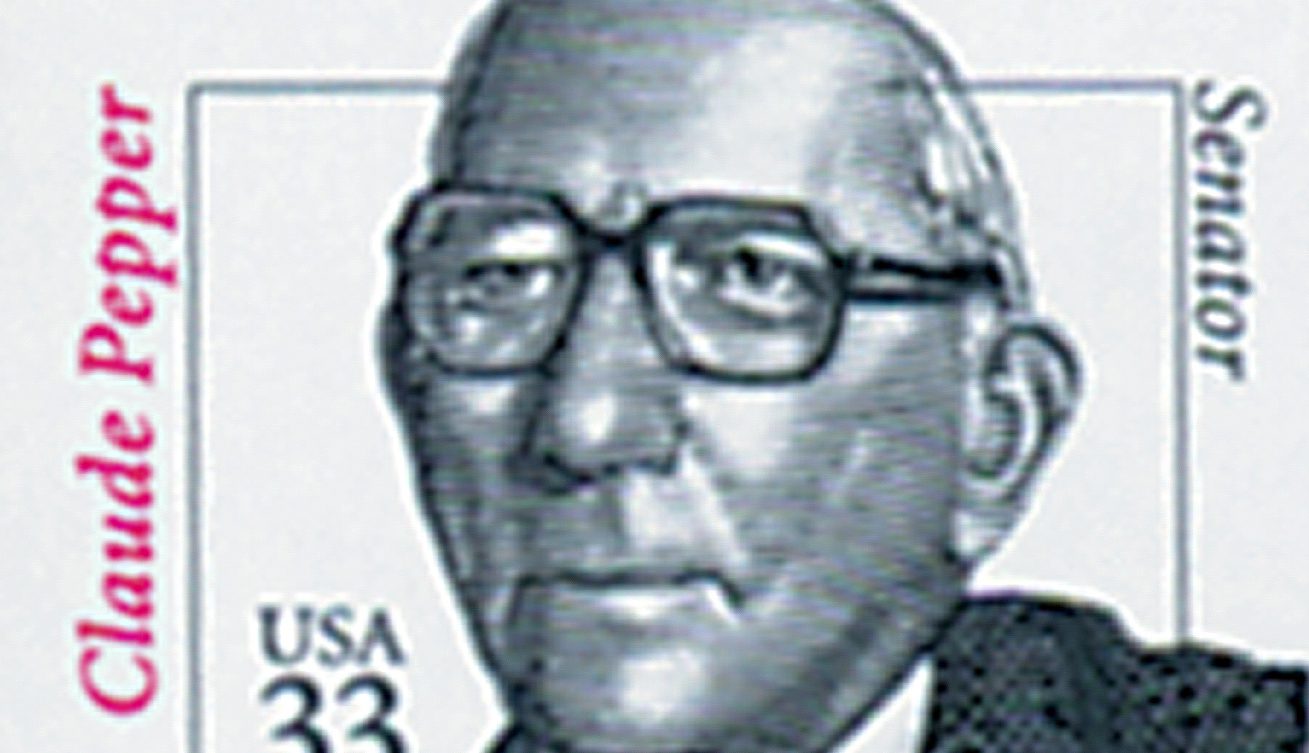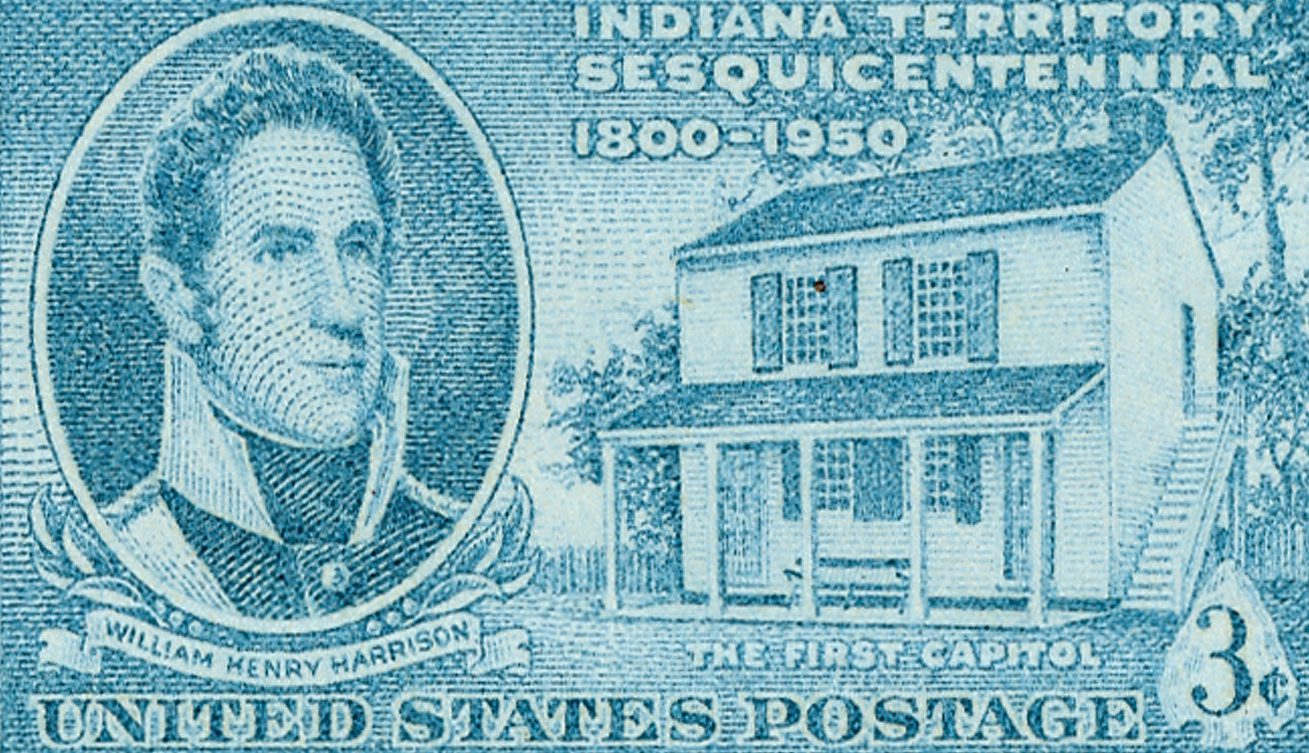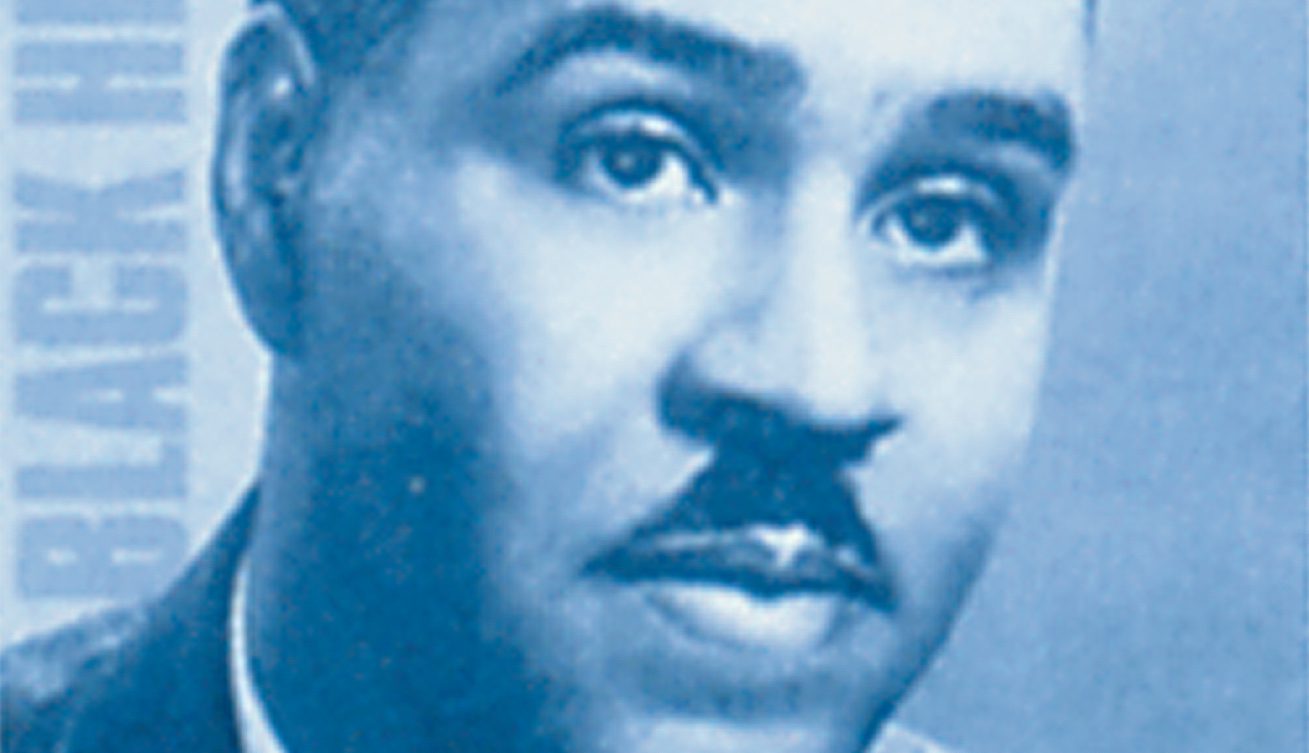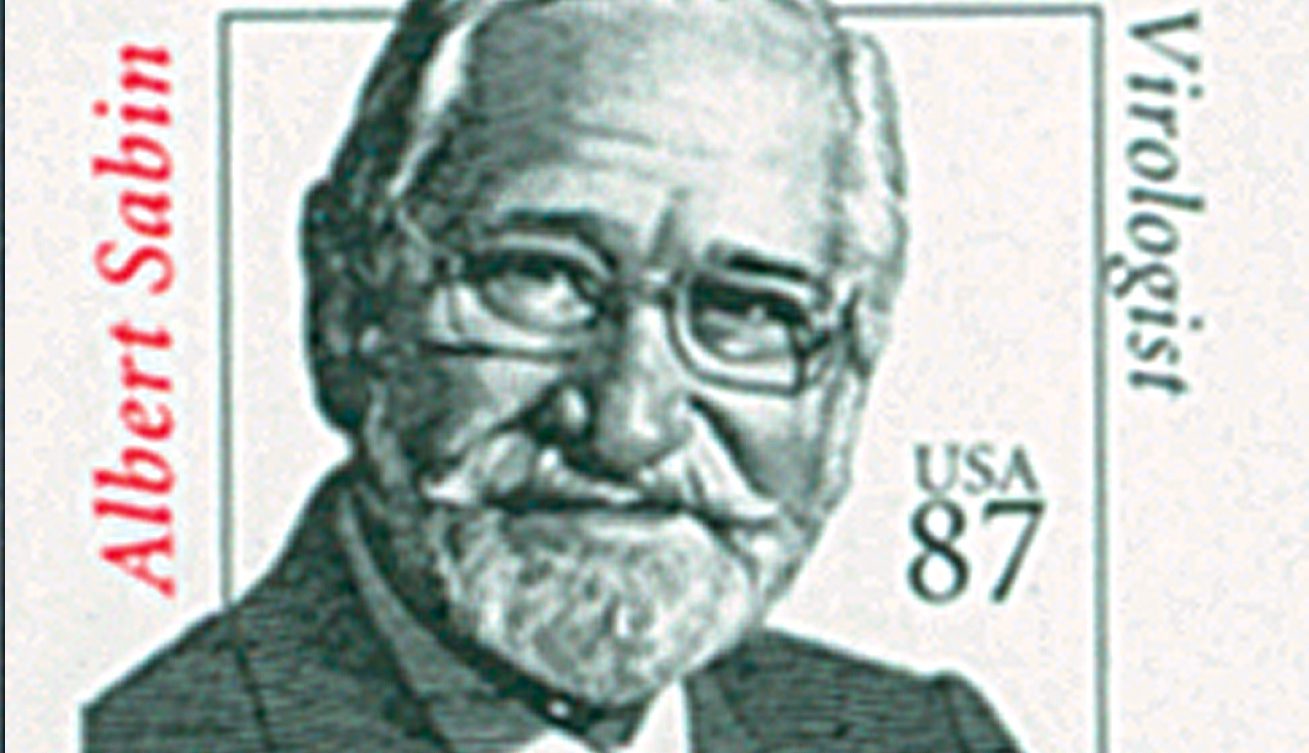Happy Birthday Claude Pepper
Claude Denson Pepper was born on September 8, 1900, in Chambers County, Alabama. Representing Florida in the House and Senate for over 40 years, he was instrumental in the passage of numerous important bills.

Claude Denson Pepper was born on September 8, 1900, in Chambers County, Alabama. Representing Florida in the House and Senate for over 40 years, he was instrumental in the passage of numerous important bills.

On September 7, 1927, inventor Philo T. Farnsworth made his first successful presentation of the “image dissector,” a crucial part of the first televisions.

Claire Lee Chennault was born on September 6, 1890, in Commerce, Texas. He formed and led the Flying Tigers during World War II.

On September 4, 1812, the Siege of Fort Harrison began. It would end 11 days later in the first American land victory of the War of 1812.

On September 1, 1923, George Linn produced the first cacheted First Day Covers, giving birth to the modern FDC industry.

Author William Saroyan was born on August 31, 1908, in Fresno, California. He’s been called “one of the most prominent literary figures of the mid-20th century.”

Civil Rights activist Roy Ottoway Wilkins was born on August 30, 1901, in St. Louis, Missouri. He was a leader in the Civil Rights movement and a major figure in the NAACP for over 20 years.

Albert Saperstein was born on August 26, 1906, in Białystok, Russian Empire (present-day Poland). Sabin developed one of the vaccines that helped to nearly eradicate polio worldwide.

Leonard (Louis) Bernstein was born on August 25, 1918, in Lawrence, Massachusetts. One of the most famous conductors of his time, he was the first American conductor to earn international praise.